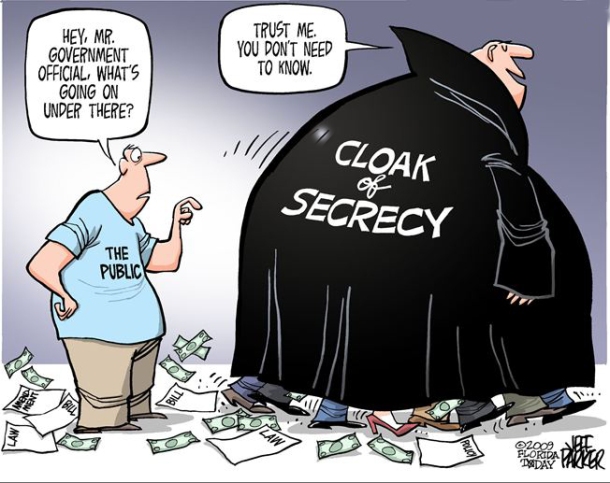Is “right to know” the new “pay to play”?
 Pay to play” is a widely reviled practice in government, but that’s effectively what the District’s legal argument would establish through its challenge of an open records case in state court.
Pay to play” is a widely reviled practice in government, but that’s effectively what the District’s legal argument would establish through its challenge of an open records case in state court.
For more than 10 months, Parents United for Public Education and our lawyers at the Public Interest Law Center of Philadelphia have been fighting to make public the Boston Consulting Group’s list of 60 schools recommended for closure and the criteria it used for developing the list. In 2012, BCG contracted with the William Penn Foundation to provide “contract deliverables,” one of which was identifying 60 public schools for closure. William Penn Foundation solicited donations for this contract, including some from real estate developers and those promoting charter expansion. The “BCG list” was referred to by former Chief Recovery Officer Thomas Knudsen in public statements. But District officials refused to release the list, saying that it was an internal document and therefore protected from public review.
In April 2013, Parents United and PILCOP won our case with the Pennsylvania Office of Open Records, largely because the District appears to have shared the BCG list with top officials at the William Penn Foundation. Now the District is taking its challenge to state court.
District officials aren’t just going to court to block the release of the BCG list. They want to completely redefine what it means to declare a document internal. In particular, the District’s arguments show that it believes that certain selectively defined groups — specifically donors — can essentially buy their way to specialized access otherwise denied to the public.
Here’s their rationale.
“William Penn Foundation’s role was that of a grantor who funded the

